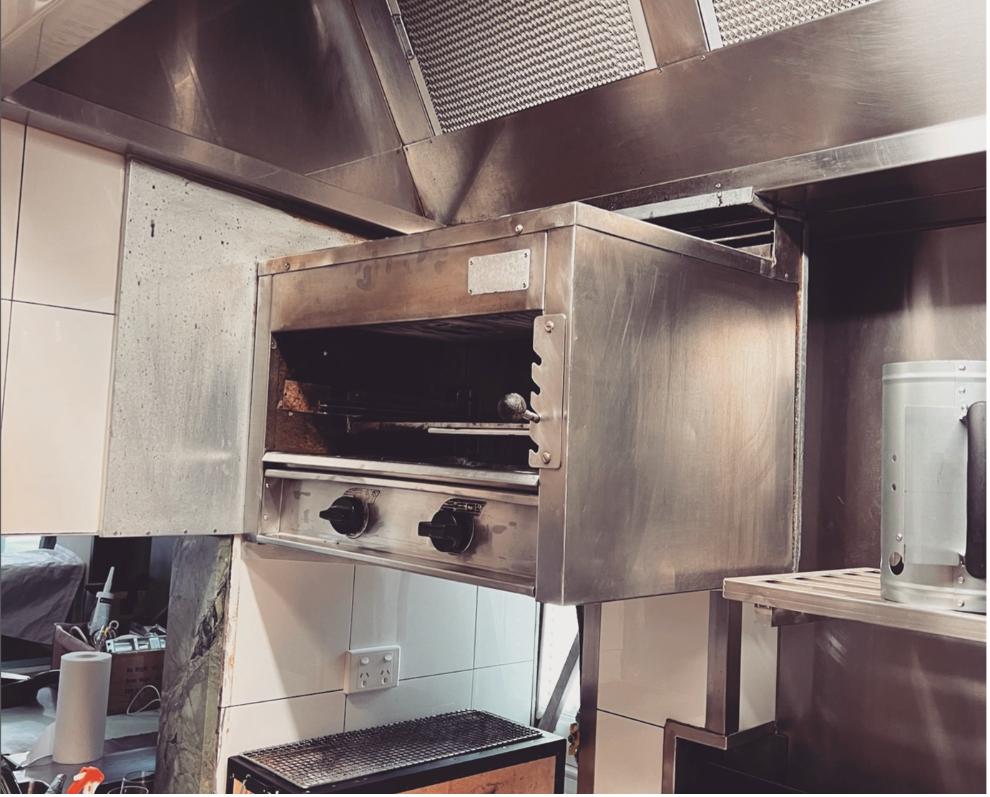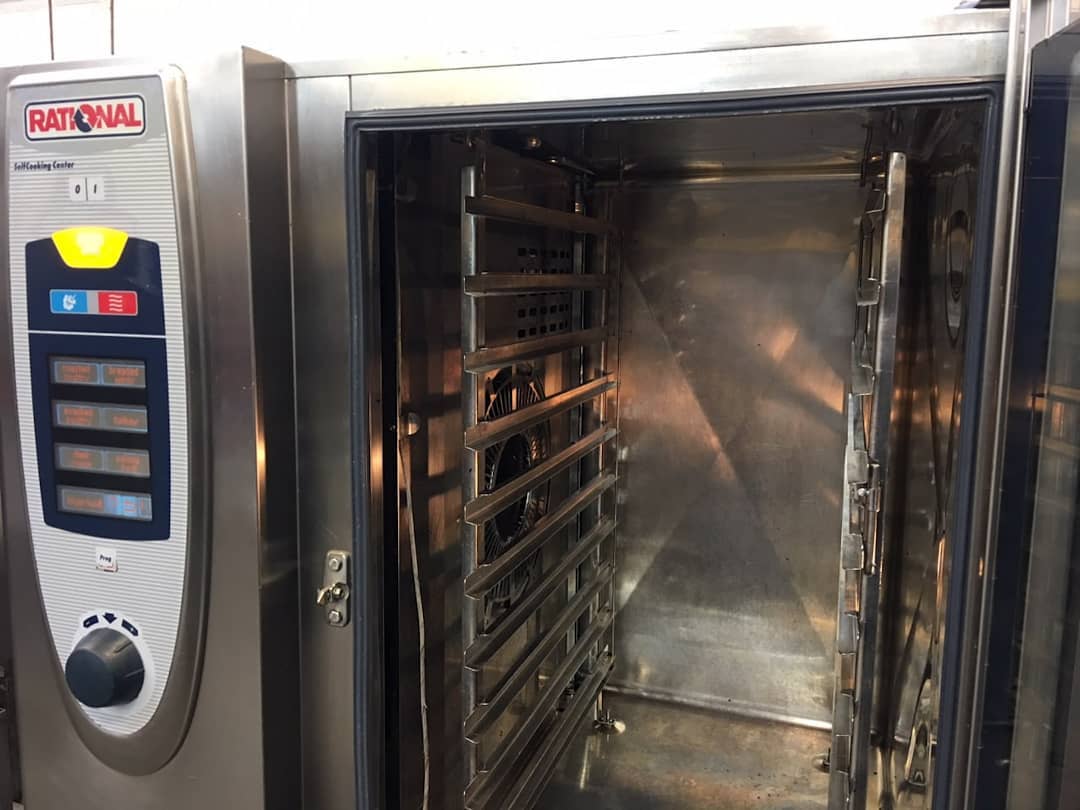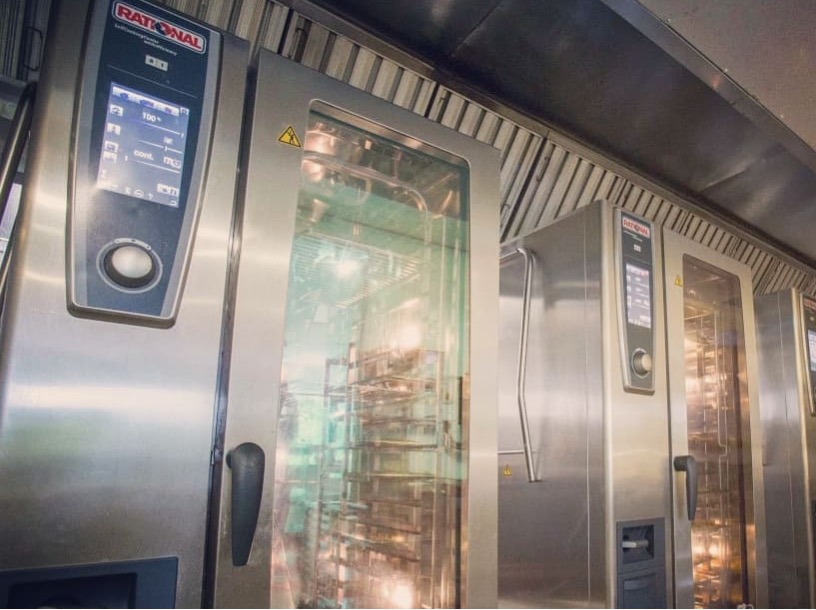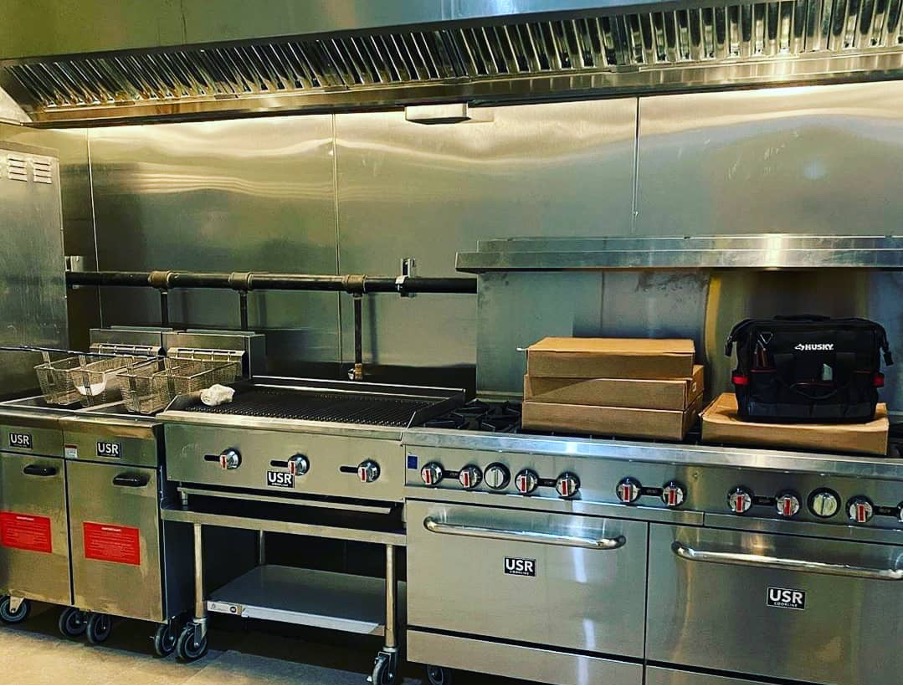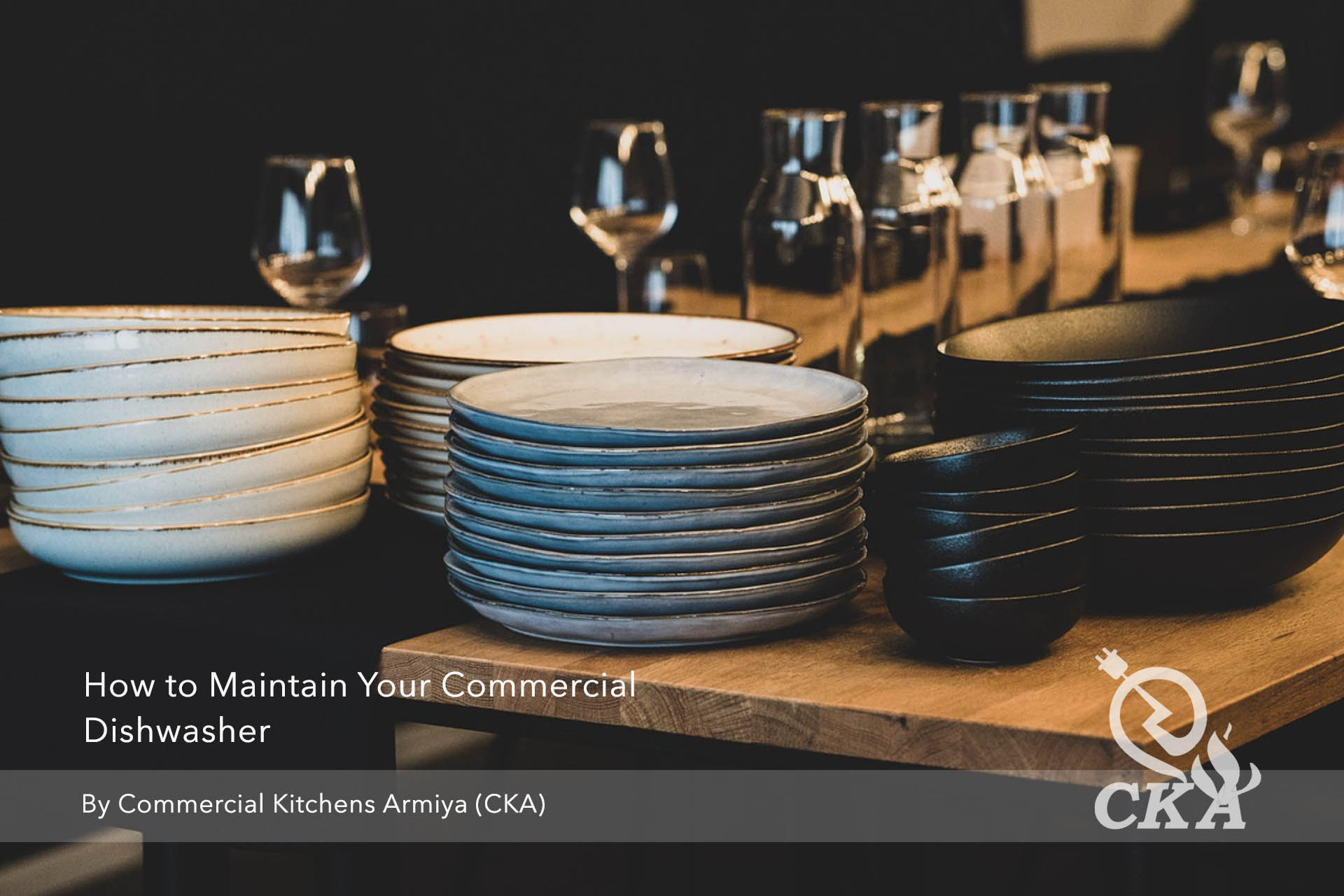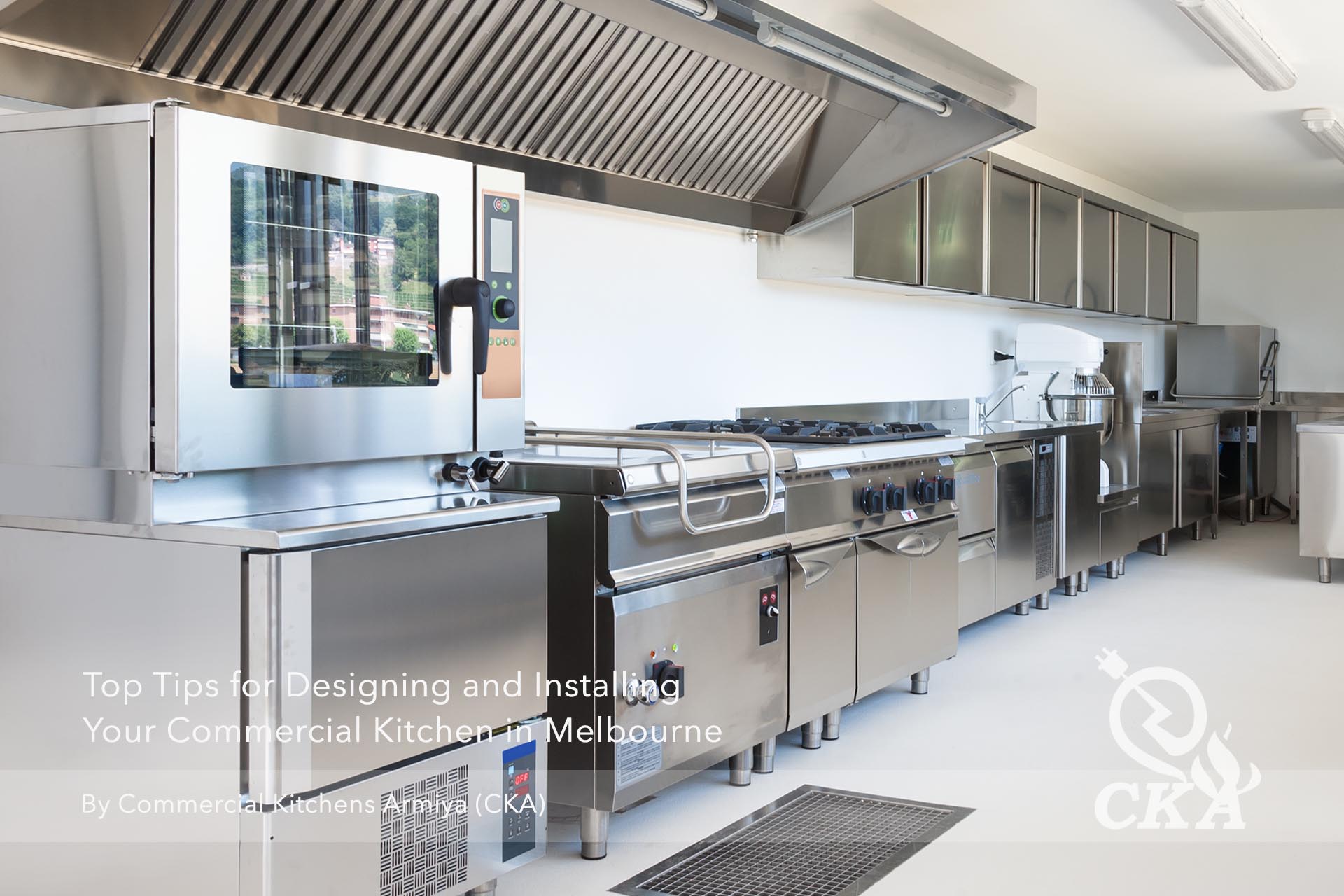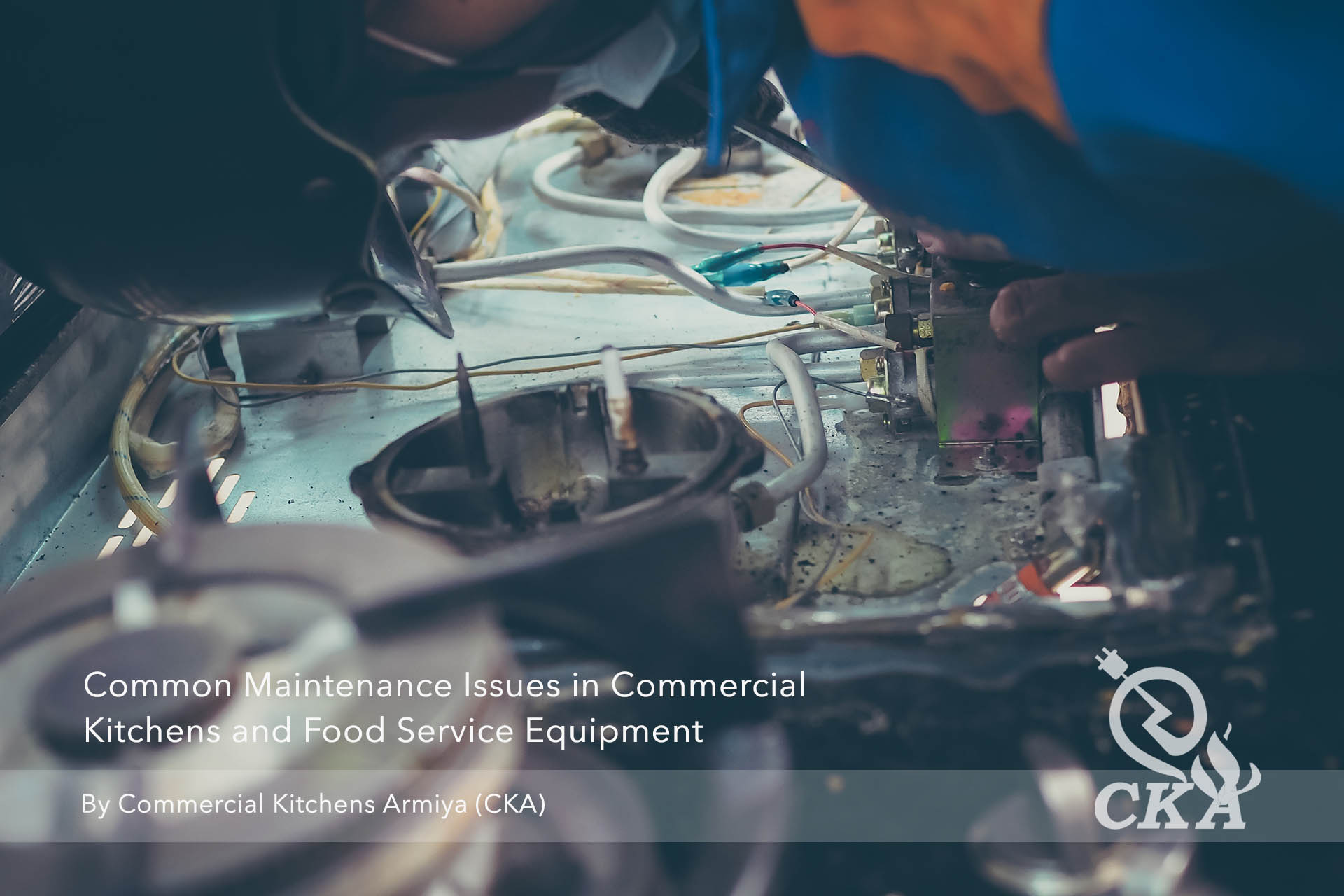
Sometimes, a slight defect can occur with a high-quality grill despite being considered durable. A good grill should have an equally spread flame across all of its burners, a blue flame with yellow tips, and it should heat rapidly when set to its highest temperature setting. If this isn't how your grill operates, you most likely have a problem on your hands.
Fortunately, in this post, you'll learn about frequent grill problems and how to solve them with easy methods that don't need extensive repairs or costly replacements of your grill. By adhering to a series of essential troubleshooting guidelines, you will be able to troubleshoot your grill if it malfunctions.
The Most Common Grill Issues and How to Avoid Them
Here is a list of the most frequent grill problems and their remedies.
The Burner Is Not Getting Hot Enough
If your grill is powered by an igniter or batteries, a time is coming when it will stop functioning. A grill powered by batteries may require battery replacement more often.
On the other hand, the failure to initially create a spark in the case of push-start igniters might indicate that the button has become defective, the wiring needs to be repaired, or the igniter has become clogged.
Solutions
Taking the cooking shred off the grill and inspecting the burners, as well as cleaning them if necessary can quickly reveal which igniter is clogged and where it is located. Depending on whether the issue is with the buttons or wiring, you may need to call a service expert to have these components changed.
The Grill Is Not Turning On
If your device's fire does not ignite, one or more of its components has malfunctioned. You may try a few different approaches to tackle the issue. If the oven is operating properly, a clicking sound will be heard coming from the device and a slight scent of gas emanating from the valves.
If you hear the sound of a click but do not notice any scent, the problem is most likely related to the gas flow. When a gas smell is there, but no click sound can be heard, this indicates an issue that has to be rectified.
Solutions
Check to see whether the ignition switch is functioning properly. Remove the plugs from the equipment and, if at all possible, turn it off while you're testing the button. When you're finished, remove the stove lid and grate. Carefully examine the area to see if there is any stray wire. Clear away any accumulated food waste, and if a wire is flexible, reconnect it safely to avoid further damage.
Some grills are equipped with push-button igniters, while batteries power others. If you have the correct battery type, you should try changing the batteries first. Determine whether or not a spark is being generated in the igniter unit. There will be an igniter close to one of the burners. Grills may be equipped with individual ignition or a single igniter that lights all of the burners on the grill.
If you have independent ignition and none of the burners would light, the problem is most likely with a malfunctioning button or a problem with the wiring. You may have to get these components replaced.
Strange Noises Are Coming From the Grill
Occasionally, you may notice your grill producing an unusual buzzing noise. It is common for this sound to be made by environmental conditions such as change in humidity, pressure, and temperature. Humming sounds may also indicate that the gas reservoir is either low or excessively full of gas.
Solutions
First and foremost, if you notice that gadget is emitting peculiar noises, it is critical to inspect it for leaks. Alternatively, if it does not leak, air bubbles may have been stuck in the gas pipe.
For instructions on purging the hose, check in your owner's handbook. If the frightening propane smell accompanies the humming noise, turn off the grill and call an expert to examine it.
A Lot of Smoke Is Produced By the Grill
It is common for smoke to be produced on your barbecue when there is a significant accumulation of grease on the grill. The production of a large quantity of smoke, particularly black smoke, from your grill indicates that it is time to clean the grill.
Excessive oil accumulation on your grill will pollute your kitchen and leave a poisonous black coating on your food, making it unfit for consumption.
Solutions
Prepare the grill by cleaning it well and preheating it for 15 minutes to burn off any leftover residue. This will aid in the burning off any undesired residue from earlier usage of the product.
After cleaning, if you are still seeing that obnoxious black smoke, inspect and clean the venturi tubes and air shutters to ensure that the system is creating an appropriate gas-to-air mixture.
Food Is Cooked Unevenly On the Grill
The obstructed burners are the most common cause of an unevenly cooked grill. Excess drippings often jam the burners’ ports, which may be quite frustrating.
Solutions
Utilise a metallic brush to get rid of fragments from the burners for a regular gas flow.
When repairing a faulty grill, it's critical to remember always to use caution, just as you would when working with any other industrial cooking item. Ensure that the tank’s lock is closed and that the grill has been removed and allowed to cool fully before investigating any of these typical problems.
Flashback Fires
It is common for them to occur due to the venturi tube being blocked with spiders - and the webs they leave behind. The odor of propane and natural gas attracts spiders and other insects drawn to it.
Some of the signs of flashback fires include high-temperature flames from one or more burners, flames that are not uniformly spread throughout the whole burner, hot control knobs, and flames visible at the grill's control panel.
Solutions
Close the gas supply valve (cylinder valve for propane, gas shut-off valve for natural gas) to stop gas flow. Allow time for the grill to cool. Removing the burner will let you inspect the venture tubes and orifices for clogs. A venturi brush may be used to clean out the tubes.
The Grill Generates an Excessive Amount of Heat
It is critical to use high heat to produce the best sear and grill marks possible. Grease accumulation is the most common source of excessive heat, although broken components or a defective regulator may also contribute to the problem. Many rocks or ceramic briquettes placed too close together can also generate an excessive amount of heat.
Solutions
Clean out the grill and get rid of any grease that has accumulated. Examine any components or regulators that are broken or missing. Remove a few rocks/briquettes and space them out a little more apart on the ground.
The Flame Is either Yellow or Orange in Colour
In many ways, this condition is similar to that of black smoke in that it is often caused by a plugged venture tube.
Solutions
Make sure there are no impediments in the way of the control valve or the tubes, which might cause the gasoline to stop flowing. However, if you discover that the tubes are just out of alignment, you may easily correct this by following the directions in your owner's handbook.
Conclusion
If your grill is in excellent condition, but it suddenly stops operating properly, you should be able to restore it to proper working order. We trust that the information included in this article will assist you in determining how to troubleshoot your grill anytime it exhibits strange behaviour.

